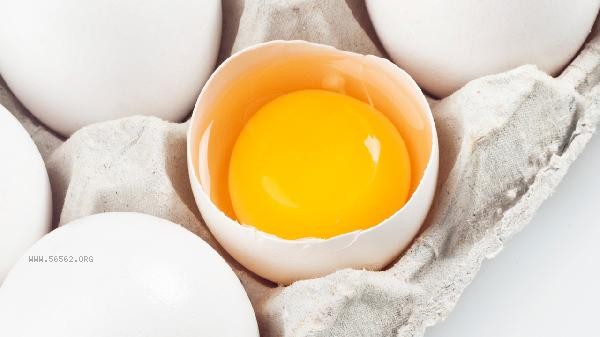It is generally not recommended to heat shelled eggs in a microwave as it may pose a risk of bursting. When eggs are heated by microwave, the internal steam pressure suddenly increases, which can easily cause the eggshell or protein to burst. When eggs are directly microwave heated, the yolk membrane and protein structure are unevenly heated, and the internal water quickly vaporizes to form high pressure. Even if the whole egg is punctured, it is difficult to completely release pressure, and high-temperature steam may break through the eggshell and splash, posing a risk of burns. Experiments have shown that when the microwave power exceeds 500 watts, the probability of egg bursting significantly increases, and splashes can reach a distance of more than one meter. Some users have tried soaking eggs in cold water or adjusting the heating time, but still cannot completely avoid accidents. professional kitchen equipment such as steam ovens can achieve safe heating through constant temperature control, but household microwave ovens lack pressure regulation function. The Japan Consumer Agency has issued a warning that microwave heating of shelled poultry and egg products is strictly prohibited.

If you need to heat cooked eggs, it is recommended to peel them and cut them into small pieces for short-term heating, or use a separate water steaming method. Raw eggs can be mixed in a specialized microwave container and heated over medium heat to avoid prolonged operation at once. Eggs should be stored in the refrigerated area of the refrigerator for daily use. Restoring room temperature before heating can reduce the risk of cracking caused by temperature differences.










Comments (0)
Leave a Comment
No comments yet
Be the first to share your thoughts!